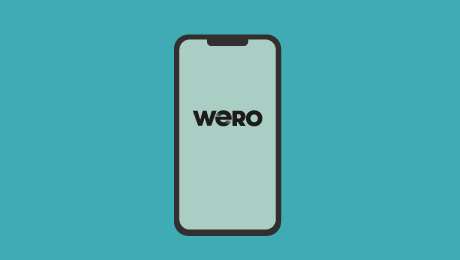Update the communications landscape
Vietnam is set to see a major transformation in its mobile technology sector by 2030. The government has unveiled an ambitious plan to completely phase out outdated 2G technology and ensure widespread access to advanced 4G and 5G networks, as well as smart mobile devices. This pioneering initiative aims to change the way Vietnamese citizens communicate and connect in the digital age.
Embracing the digital future
Starting September 16, the 2G network will be officially deactivated, marking a major change in the country’s communications infrastructure. The government also approved a comprehensive roadmap for 2021-2023, with a vision extending to 2050, detailing the phasing out of outdated mobile technologies such as 2G and 3G. In addition, there is a focus on promoting the rollout of the “One Person, One Smartphone” program to improve access to mobile broadband for the entire population.
Legal Framework for Technological Progress
To support the transition to advanced mobile technologies, the Ministry of Information and Communications has issued regulations on the allocation of radio frequencies, ensuring a smooth transition to next-generation networks. These legal provisions lay the foundation for the phasing out of legacy mobile technologies and facilitating the widespread adoption of smartphones by the population.
Empowering users with innovative solutions
As part of the 2G retirement strategy, companies are being encouraged to help subscribers upgrade to more advanced mobile devices, such as smartphones with 4G capabilities. Additionally, carriers are being incentivized to prevent the activation of uncertified 2G phones and to boost 4G network coverage to replace aging 2G infrastructure by the September 2026 deadline.
Towards 6G connectivity
By moving to a fully 4G network, Vietnam is paving the way for future 5G deployment and beyond. This strategic development will create a conducive environment for further adoption of 6G networks, putting the country at the forefront of global telecom innovation by 2030.
Unlocking the potential of mobile technology in Vietnam
Vietnam’s journey to revolutionize the mobile technology landscape by 2030 is not without its challenges and significant opportunities. Let’s delve into the key aspects that shape this transformative initiative:
Important Questions and Answers:
1. What are the main challenges in implementing the transition to advanced mobile technology?
– Key challenges: Ensuring accessibility and affordability of advanced devices for all citizens, improving network infrastructure to support 4G and 5G capabilities nationwide, and managing the digital divide in rural areas.
2. How will the transition to 4G and 5G networks benefit Vietnamese citizens?
– Benefits: Improved internet speeds, enhanced connectivity for businesses and individuals, support for emerging technologies such as the Internet of Things and artificial intelligence, and potential economic growth through digital innovation.
Pros and cons :
– benefits :
– Improved connectivity: Access faster internet speeds and seamless connectivity.
– Technological innovation: Opportunities for companies and individuals to benefit from advanced technologies.
– Economic growth: potential for new industrial sectors and job creation thanks to digital transformation.
– cons:
– Digital divide: the disparity in access to advanced technology between urban and rural areas.
– Cost concerns: Affordability of smartphones and data plans for all segments of society.
– Confidentiality and security: risks related to increased connectivity and data exchange in the digital ecosystem.
Key challenges and controversies:
– Ensuring universal access: Bridging the digital divide to ensure equitable access to mobile technology across all social and economic sectors.
– Privacy and Data Security: Protecting Sensitive Information in the Age of Enhanced Connectivity.
– Regulatory compliance: Balancing innovation and regulatory frameworks to protect consumers and promote fair competition.
Related Links:
– Ministry of Information and Communications

“Devoted gamer. Webaholic. Infuriatingly humble social media trailblazer. Lifelong internet expert.”





